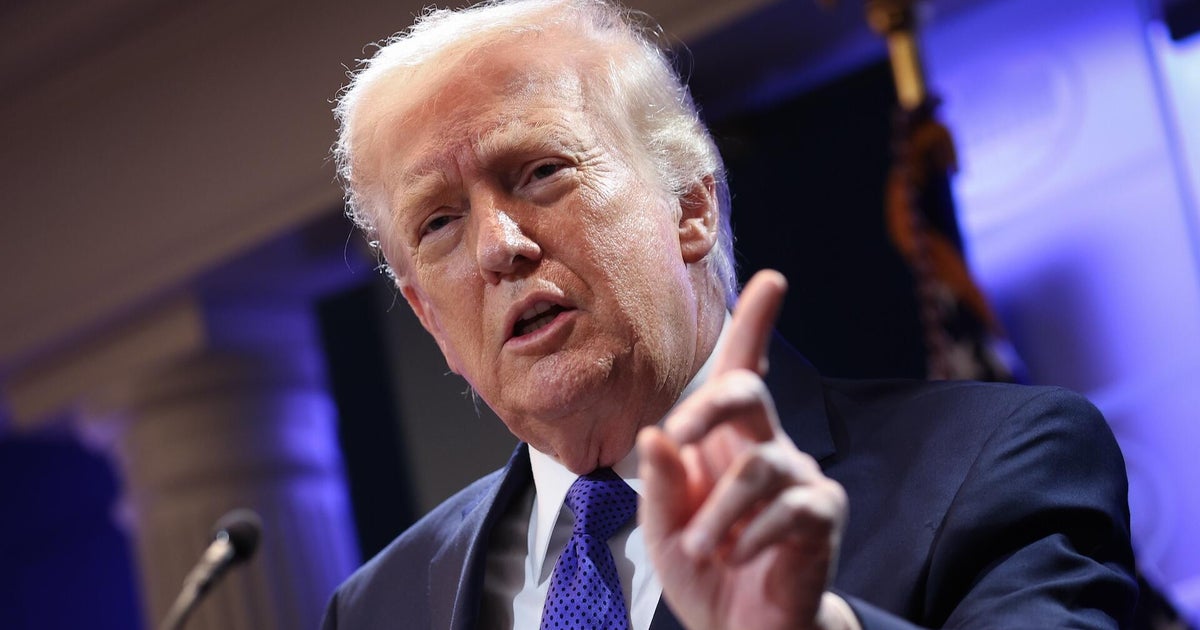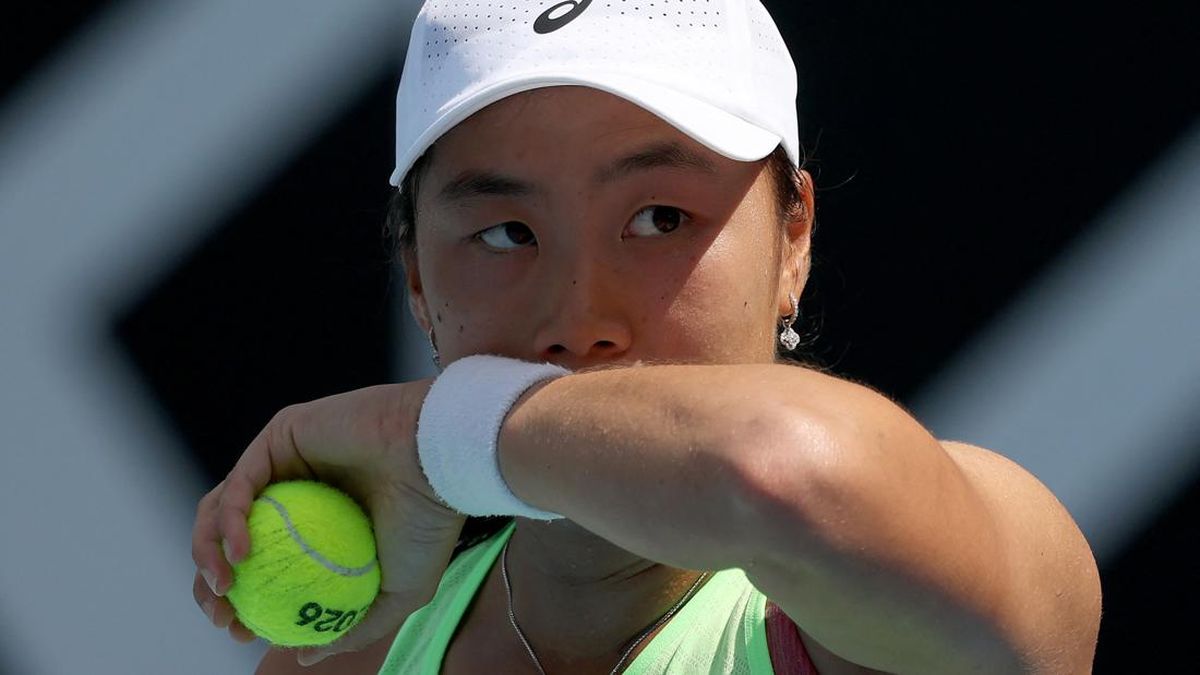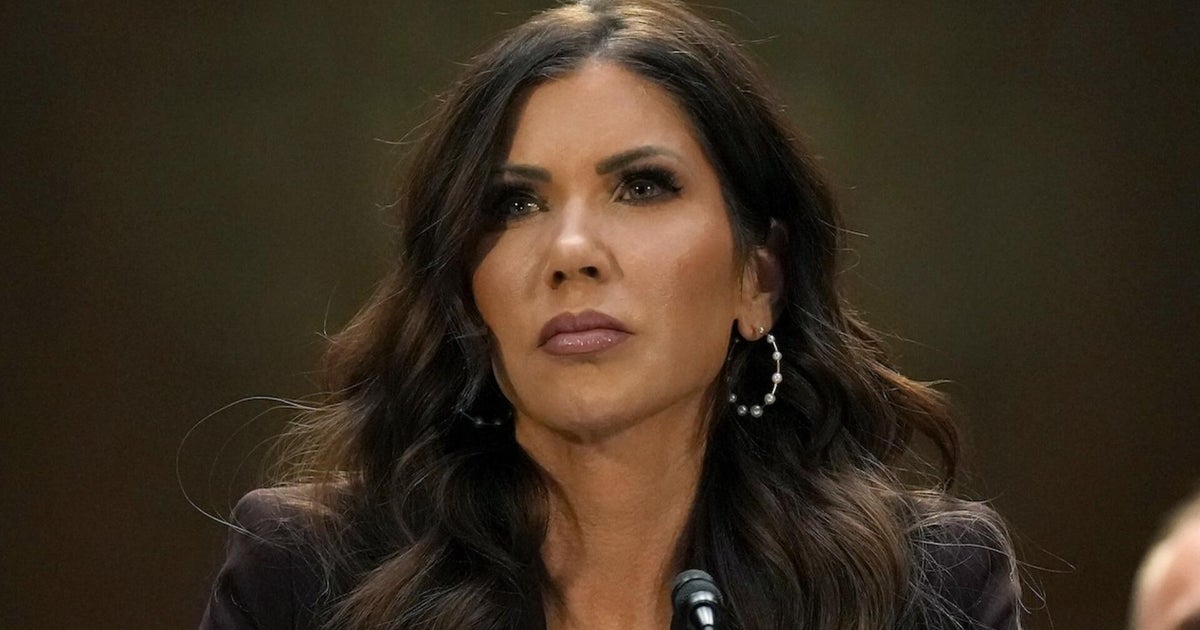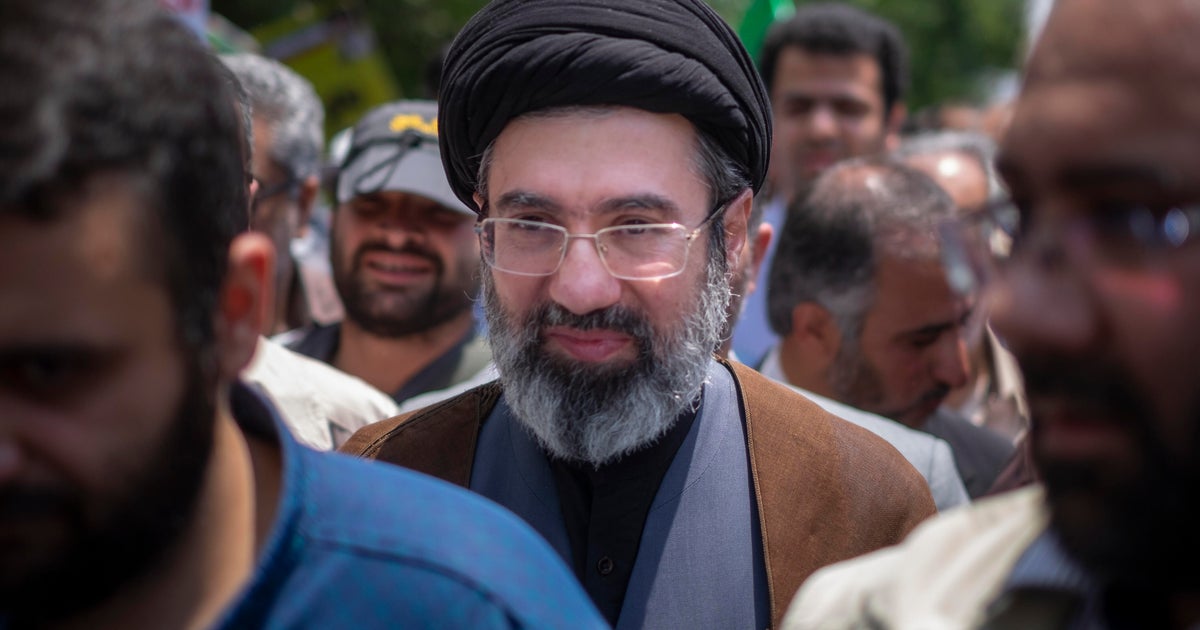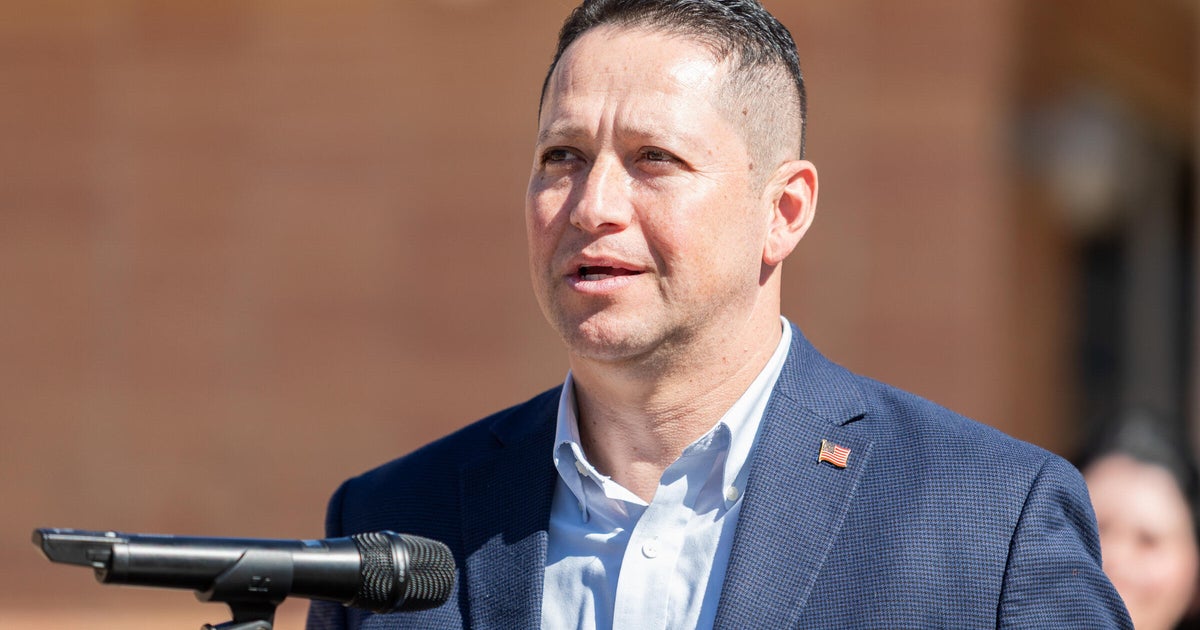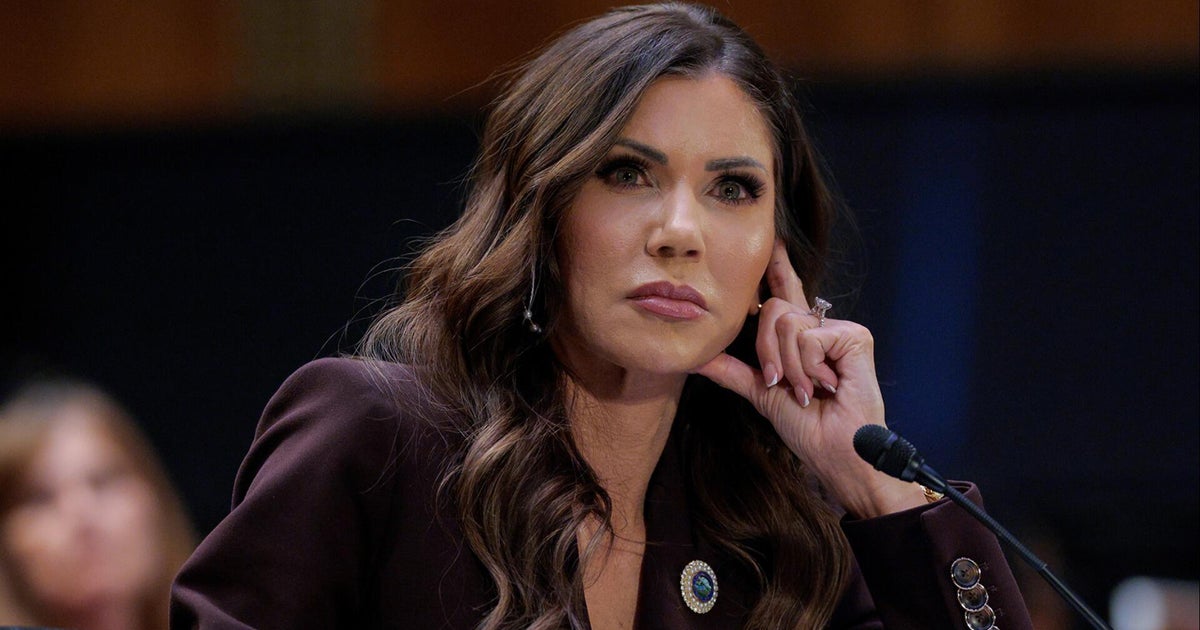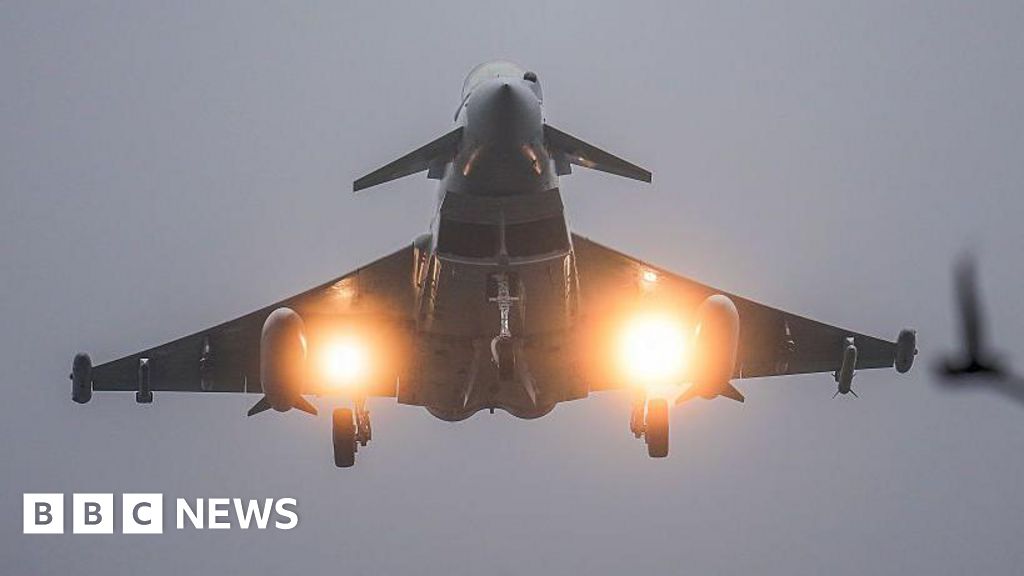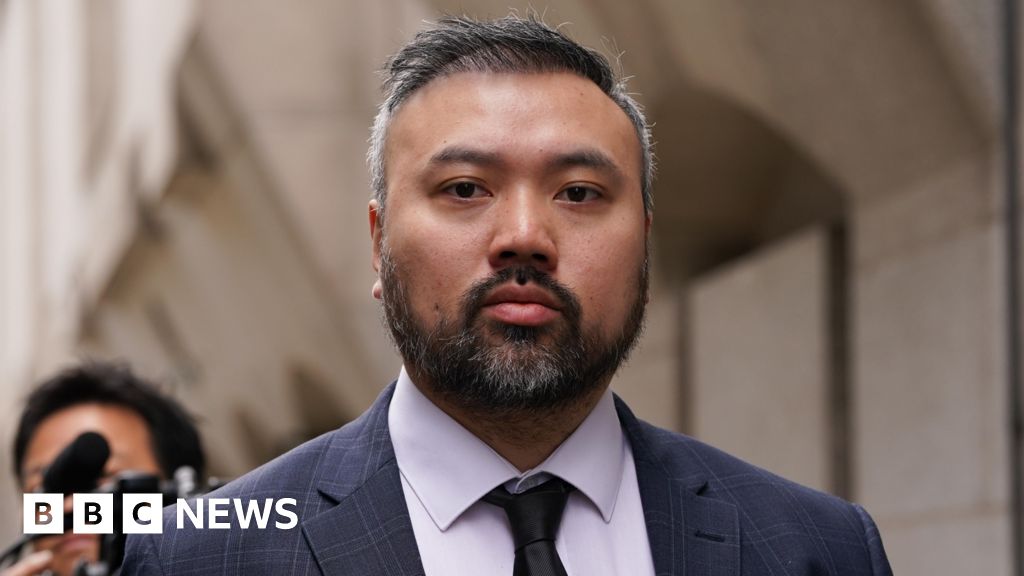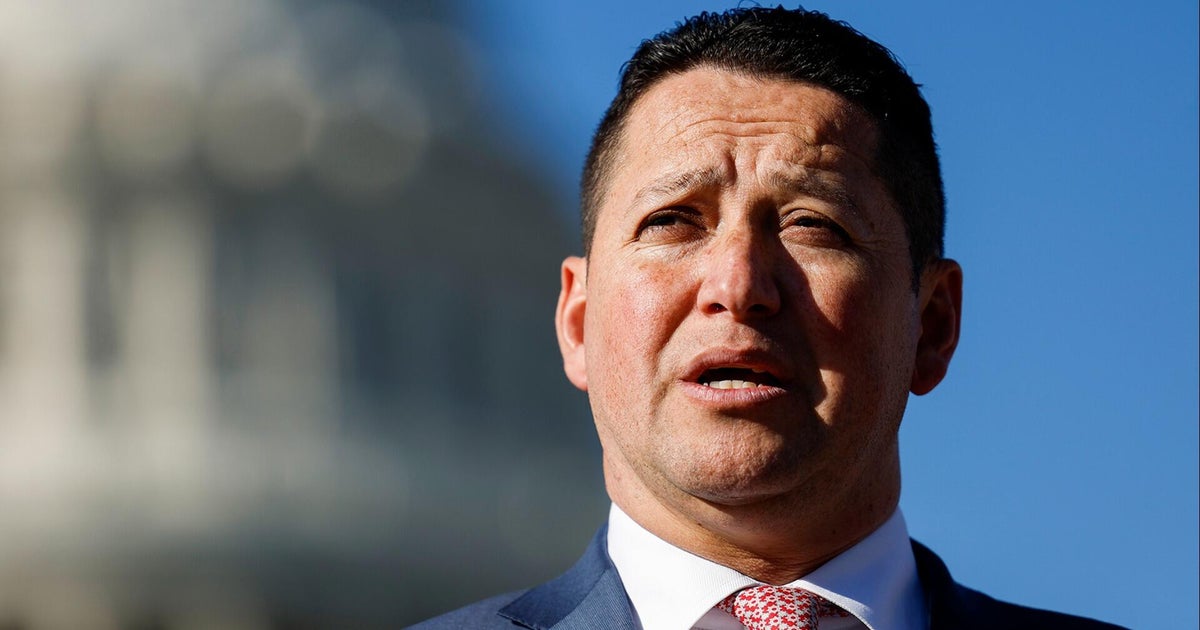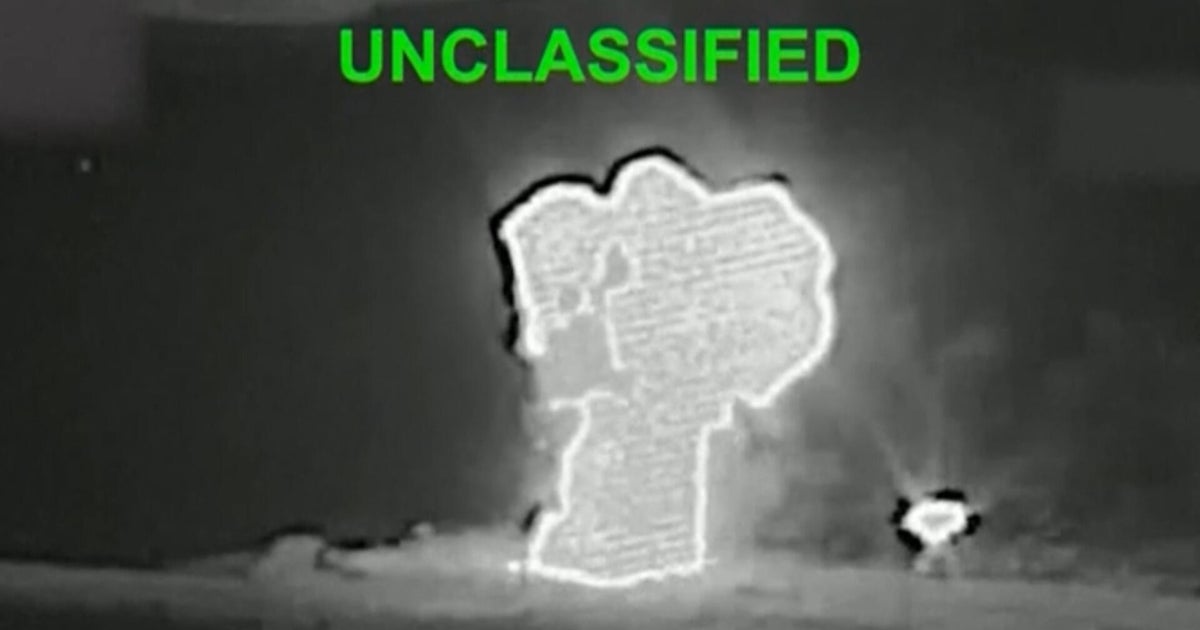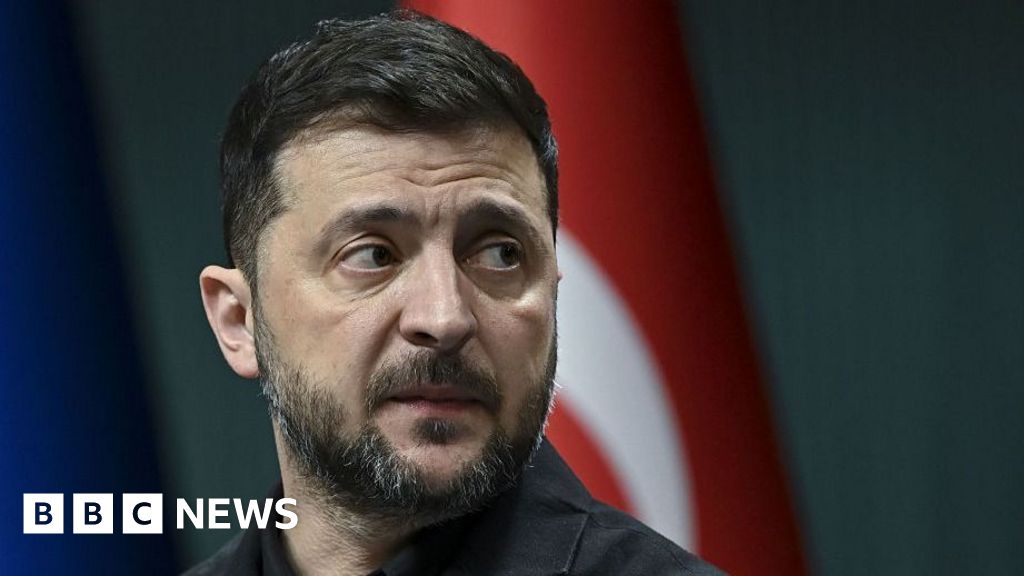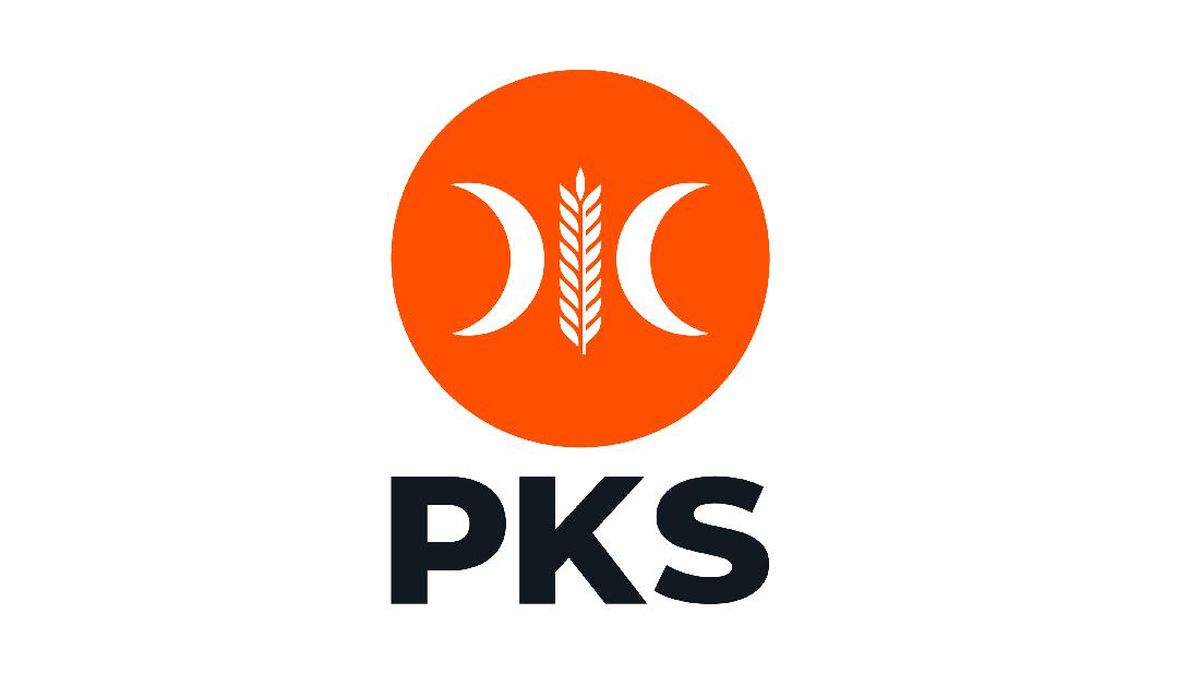Anthony Albanese is moving to lock in a security pact with Fiji, as well as resuscitate a security deal with Vanuatu two months after negotiations collapsed during his visit to the Pacific Island nation.
The prime minister is looking to build on a “watershed” defence agreement with Indonesia that analysts say has reshaped power relations in Asia, and has struck a positive tone on the prospect of avoiding conflict with China over Taiwan.

Indonesian President Prabowo Subianto and Prime Minister Anthony Albanese on the flight deck of HMAS Canberra in Sydney, where they announced a defence pact.Credit: Sitthixay Ditthavong
In an interview from his Kirribilli residence, Albanese told this masthead that progress was also being made on a long-delayed trade deal with the European Union, coming off the back of an export tie-up with the United Arab Emirates struck last month.
He was left red-faced when he visited Vanuatu in September and failed to sign the Nakamal agreement, but on Friday said he was working hard to conclude the deal and revealed he had a productive conversation with Fijian leader Sitiveni Rabuka on Thursday. Australia is pushing for treaties with both nations in a contest with China to win over Pacific nations.
Fresh from a deal with Australia’s populous and increasingly influential near neighbour Indonesia, Albanese declared his government had done “substantially more” to nourish relations with allies and build new security ties during a period of anxiety over the contest between China and the US.
Loading
The prime minister argued that the Indonesia treaty, which he said he instigated in secret with Indonesian President Prabowo Subianto during a visit just after the May election, would be remembered as one of the Albanese government’s biggest moves. It was a move that surprised foreign policy watchers because of Indonesia’s reluctance to take sides in regional security.
“This agreement will be seen as one of the most significant measures that we could possibly take,” Albanese said.
Foreign Minister Penny Wong on Thursday spoke of Labor’s desire to “anchor Australian security in the region”, echoing former leader Paul Keating’s vision of seeking Australia’s security in Asia, not from Asia. Albanese made the explicit link to Keating, whose 1995 deal with Indonesian president Suharto was ripped up after Australia and Indonesia clashed over East Timor.
“I think it is a watershed moment for Australia. Of course, it builds on what Keating and Suharto did,” he said of the deal, which would force Indonesia to inform Australia if, for example, Russia wanted to develop a base in West Papua.
“We’ve built that relationship. I’ve visited Indonesia four times now. It was the first country I visited after the election and the first bilateral meeting I had in 2022. I had a strong relationship with [former] president [Joko] Widodo and a strong relationship with President Prabowo.

Albanese and his Vanuatu counterpart Jotham Napat during his visit in September.Credit: Michael Read
“There are three parts to it: essentially committing both countries to consult on a regular basis on matters of security, to undertake mutually beneficial security activities, such as exchange of personnel, looking at joint exercises. And, if either or both of our nations’ security is threatened, to consult and consider what measures might be taken ... to deal with any common threat.”
A critique of the government since its thumping election win is that it has lacked ambition to put forward a bolder agenda to address economic and social problems. The government rejects the criticism and says it has been delivering its promises. But it has had a number of wins on the foreign policy front, including a smooth White House visit and signing the Pukpuk Treaty with Papua New Guinea.
Loading
The treaty with Indonesia does not amount to a formal defence alliance, making it weaker than the Pukpuk agreement but still significant because Indonesia is staunchly non-aligned and does not have an agreement like the Australian one with another country.
Lowy Institute program director Sam Roggeveen, who has expressed doubts about the US alliance, said he was surprised that Australia could convince Indonesia to sign the deal at the same time as powering ahead with the AUKUS submarine program. Australia’s procurement of nuclear submarines sparked concern in Jakarta because it ties Australia closer to the US.
Roggeveen also noted the significance of Albanese stating that he was following in the footsteps of Keating. He pointed out that Keating had cast the 1995 agreement with Indonesia as one that was as symbolically significant – though not practically so – as the US alliance in terms of how Australia relates to the two nations.
“But what is unresolved in my mind is the basic question of the future of the US alliance and the future of American power in Asia,” he said. “There is at the heart of Australia’s foreign policy an almost reversion to the idea of the late 1990s that Australia doesn’t have to choose between China and the US.”
Asked repeatedly by this masthead about his view on the likelihood of conflict with China over Taiwan, Albanese reiterated Australia’s support for the status quo and sticking to the doctrine of strategic ambiguity.
The prime minister said it was unwise to speculate about conflict and said he was focusing on the upsides of the relationship with Australia’s biggest trading partner.
“What I do is talk about the positive of what we want to see happen, rather than speculate,” Albanese said.
“And what I think is that we want the status quo to be maintained. We support the status quo when it comes to Taiwan, and we continue to urge for a maintenance of that and no unilateral decisions.”
The prime minister declined to weigh in on Trump’s most direct recent comments on China and Taiwan, made in the cabinet room sitting alongside Albanese last month. Trump, when asked about a possible invasion, said, “China doesn’t want to do that”.
Gatra Priyandita, a senior analyst at the Australian Strategic Policy Institute, said Australia and Indonesia shared growing unease about the militarisation of the South China Sea and US global leadership, but cautioned against thinking Prabowo would upend Indonesia’s non-aligned tradition.
“Within this balancing act, the Australia-Indonesia relationship occupies a special niche: among all of Jakarta’s security partnerships, it remains among the most comprehensive, institutionalised and resilient,” he wrote.
“For Australia, Indonesia’s strategic weight in the region is indispensable. A stable and confident Indonesia contributes directly to Australia’s own security and to regional equilibrium. For Indonesia, closer ties with Australia bring access to training and strategic dialogue that can enhance its defence modernisation agenda.”
Albanese slammed the record of the Abbott, Turnbull and Morrison governments and claimed they hurt Australia’s foreign relations, a view that would be challenged by his opponents who set up the AUKUS agreement underpinning Australia’s security strategy.
“We inherited the broken relationships with the Pacific, with many of the ASEAN countries, no engagement at all, not even a phone call between any minister in the Morrison government and ministers with our major trading partner in China. Bad relations with France and some of our European partners,” the prime minister said.
“We have rebuilt strong relationships with ASEAN, with the Pacific Island Forum. We have a strong relationship with the United States and UK. A very good relationship with Europe.”
Cut through the noise of federal politics with news, views and expert analysis. Subscribers can sign up to our weekly Inside Politics newsletter.
Most Viewed in Politics
Loading

